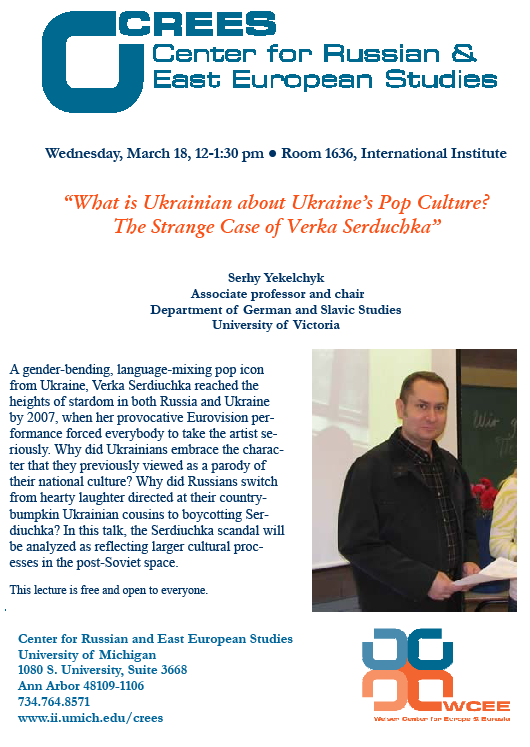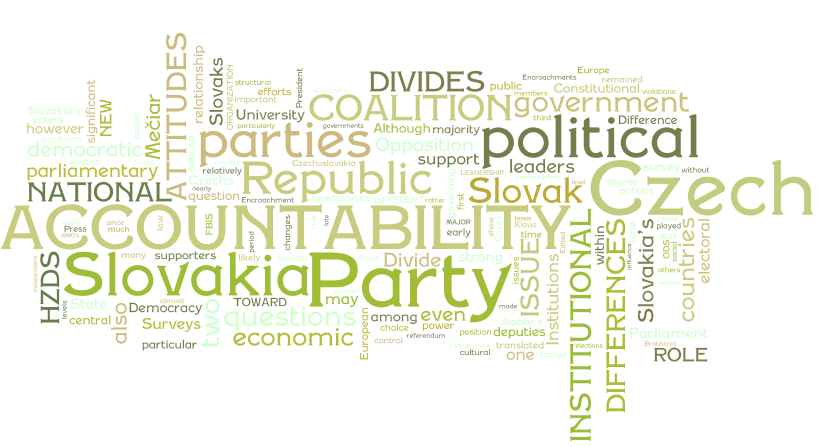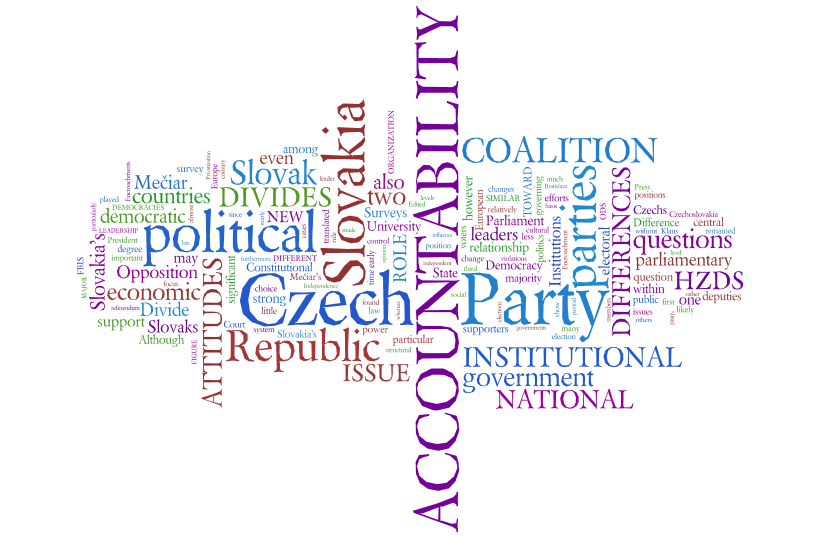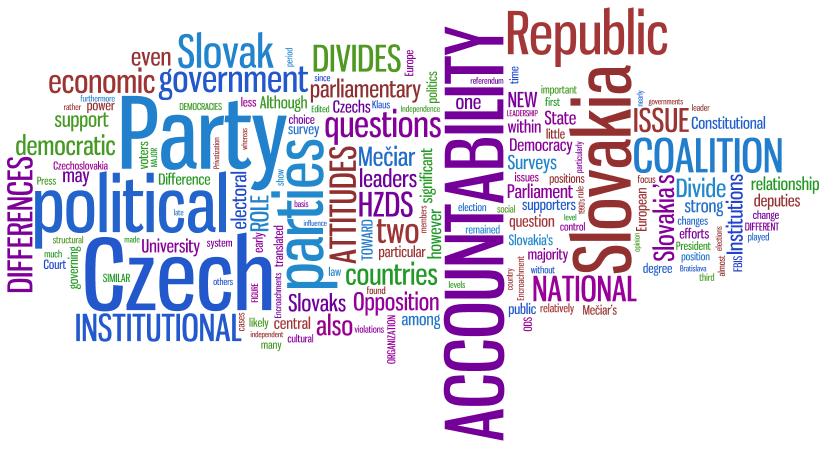
I have been waiting quite a while to post this on just the right day. Two decades ago, a month before the first large-scale protests against Czechoslovakia’s communist government, the following brief announcement appeared on the “Society Chronicles” (Spolocenska Kronika) of the “Hello Saturday” (Halo Sobota) supplement to the official newspaper Rude Pravo (“Red Right”). It says:
Dne 5. 10. 1989 oslavil narozeniny Ferdinand Vanek z Maleho Hradu. Za jeho namahavou praci, kterou ve svem zivote vykonaval a vykonava, mu dekuji a do dalsich let hodne zdrave a dalsich pracovnich uspechu mu preji jeho spolupracovnici a pratele.
Which translates roughly as:
On the day 5 October 1989 Ferdinand Vanek of Maly Hrad celebrated his birthday. Thanks to him for the hard work which he has done in in his life and continues to do, and his friends and co-workers wish him many more years of health and further success in his work.
The pict
 ure, of course, is that of Vaclav Havel who within 10 weeks of the Halo Sobota article would feature prominently on hundreds of thousands of much higher resolution pictures recommending him for the presidency of Czechoslovakia.
ure, of course, is that of Vaclav Havel who within 10 weeks of the Halo Sobota article would feature prominently on hundreds of thousands of much higher resolution pictures recommending him for the presidency of Czechoslovakia.
Ferdinand Vanek is the name of one of playwright Havel’s most famous (and most autobiographical) characters, the protagonist of a trilogy of plays: “The Audience” “Unveiling” and “Protest. “ The address, Maly Hrad, is almost identical to Hradecek (both meaning “Little Castle”) where Havel had a cottage.
So what? Well, twenty years ago, when Poland and Hungary were changing but Czechoslovakia was not, someone had the courage to submit to the Communist Party’s main newspaper a birthday announcement for the country’s main dissident praising him for his work and wishing him a long and productive life! And because the dissident’s picture and works had been suppressed, the announcement made it past all of the potential censorship points. Either the editors of the Society Chronicle page didn’t know what Havel looked like and had not heard of characters in his most famous plays or they were complicit in publishing it but could plausibly claim that they didn’t know. Either way, a combination of individual daring and official ignorance and incuriosity put a subversive message in a very public place. It’s no surprise that this same environment produced the Pink Tank and Entropa.
Thanks to my student Daniela Brabcova from Plzen who knew enough about Havel to spot this gem when it came out, kept a copy and shared it with me in the spring of 1991. Below is the full page from which it came:


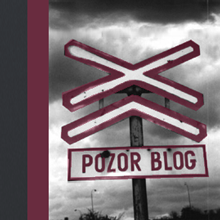




 The New York Times gets into the act with
The New York Times gets into the act with 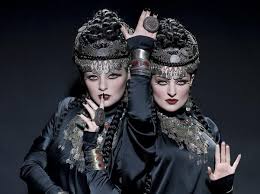 Douglas Muir at
Douglas Muir at 
 This headline is from Vice Premier Dusan Caplovic is too piquant to ignore:
This headline is from Vice Premier Dusan Caplovic is too piquant to ignore:


